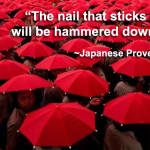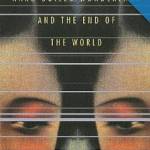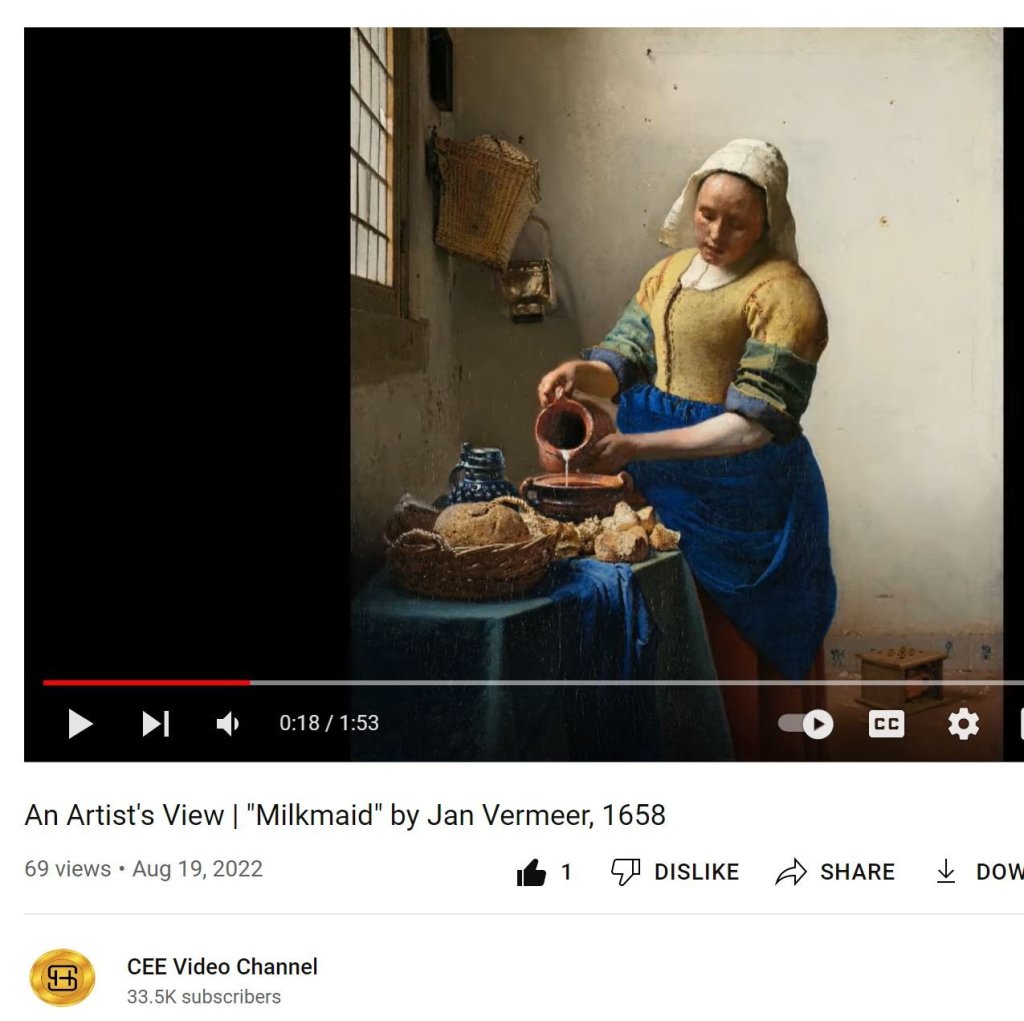Reprising this post from reading Murakami’s Hard-Boiled Wonderland and the End of the World. A character comments:

“Everyone must have one thing that they can excel at. It’s just a matter of drawing it out, isn’t it? But school doesn’t know how to draw it out. It crushes the gift. It’s no wonder most people never get to be what they want to be. They just get ground down.” (p. 192) Sadly true of many education systems.
Hard-Boiled is a dystopian novel about personal identity and artificial intelligence set in Japan’s near future. Its mystery element makes it an engaging read, though its emotional atmosphere of abstracted impersonality is not to my taste. Murakami’s anonymous lead character explains himself indirectly through his choice of leisure reading material:

“I felt a new sympathy for [Turgenev’s] protagonist Rudin. I almost never identify with anybody in Dostoevsky, but the characters in Turgenev’s old-fashioned novels are such victims of circumstance, I jump right in. I have a thing about losers. Flaws in oneself opens you up to others with flaws. Not that Dostoevsky’s characters don’t generate pathos, but they’re flawed in ways that don’t come across as faults. And while I’m on the subject, Tolstoy’s characters’ faults are so epic and out of scale, they’re as static as backdrops.” (p. 163)
The remark about Dostoevsky is very perceptive, as is the paragraph’s general point about aesthetic response as self-affirmation.
Related: Newberry short commentaries on the great works in art history:

Funny…without knowing him I recently passed on this quote by Murakami to a friend going through something difficult
“And once the storm is over, you won’t remember how you made it through, how you managed to survive. You won’t even be sure, whether the storm is really over. But one thing is certain. When you come out of the storm, you won’t be the same person who walked in. That’s what this storm’s all about.”
– Haruki Murakami
Stumbled on and posted the first two quotes on education below recently. The third is a classic by Maria Montessori. Shaw’s is funny, but hard to ignore his infatuation with collectivism, from Oswald Mosley’s Fascism to Stalin’s brand of Marxism.
“Every kid starts out as a natural-born scientist, and then we beat it out of them. A few trickle through the system with their wonder and enthusiasm for science intact.”
– Carl Sagan
“The only time my education was interrupted was when I was in school.”
– George Bernard Shaw
“The adult ought never to mould the child after himself, but should leave him alone and work always from the deepest comprehension of the child himself.”
– Maria Montessori
Why have I ignored Turgenev (and Gogol) all these years? Perhaps because Dostoevski presents such intricate plots, sprung from character (as ’tis supposed to) and he evokes the “tragic” view that people of pure quality often suffer the most. I’ve always thought his most characteristic remark was “Even if you could prove to me that Jesus never existed, I would still believe in him.” There is a glory in the imagination that soars above reason in its perception, not that reason cannot later validate that sight. Ayn Rand spoke highly of CRIME AND PUNISHMENT. The self-righteous and eventual murderous thoughts of Raskolnikov are conquered by the “selfless” love [this word is always fraught with confusion] of Sonia. It may be that Russia will never realize her vast material wealth because she pursues too many spiritual treasures.